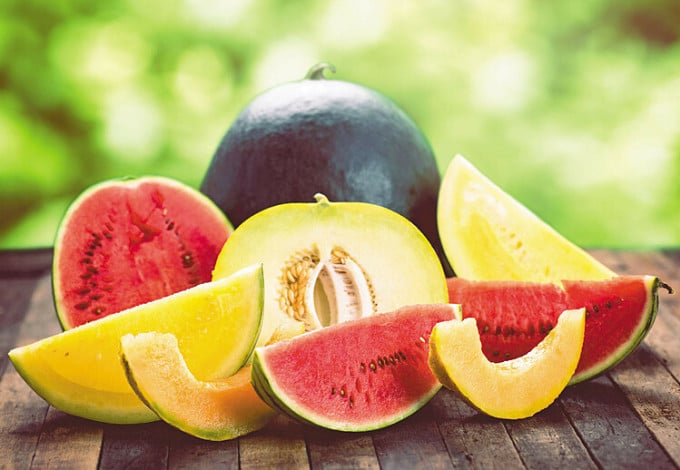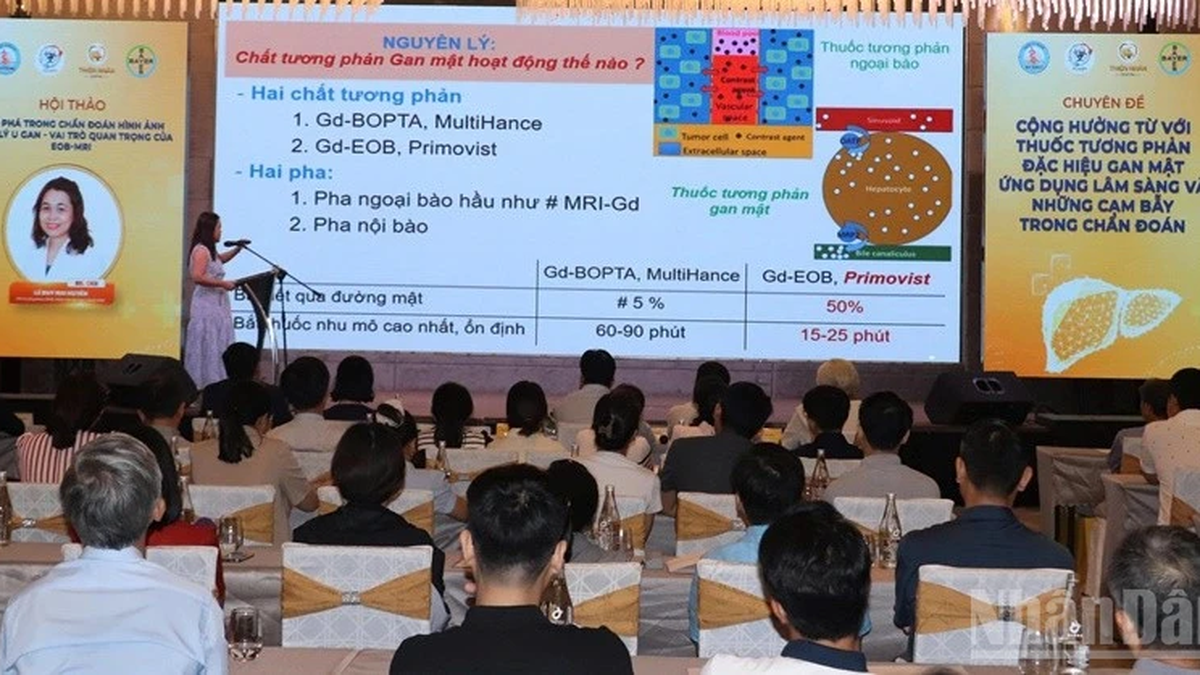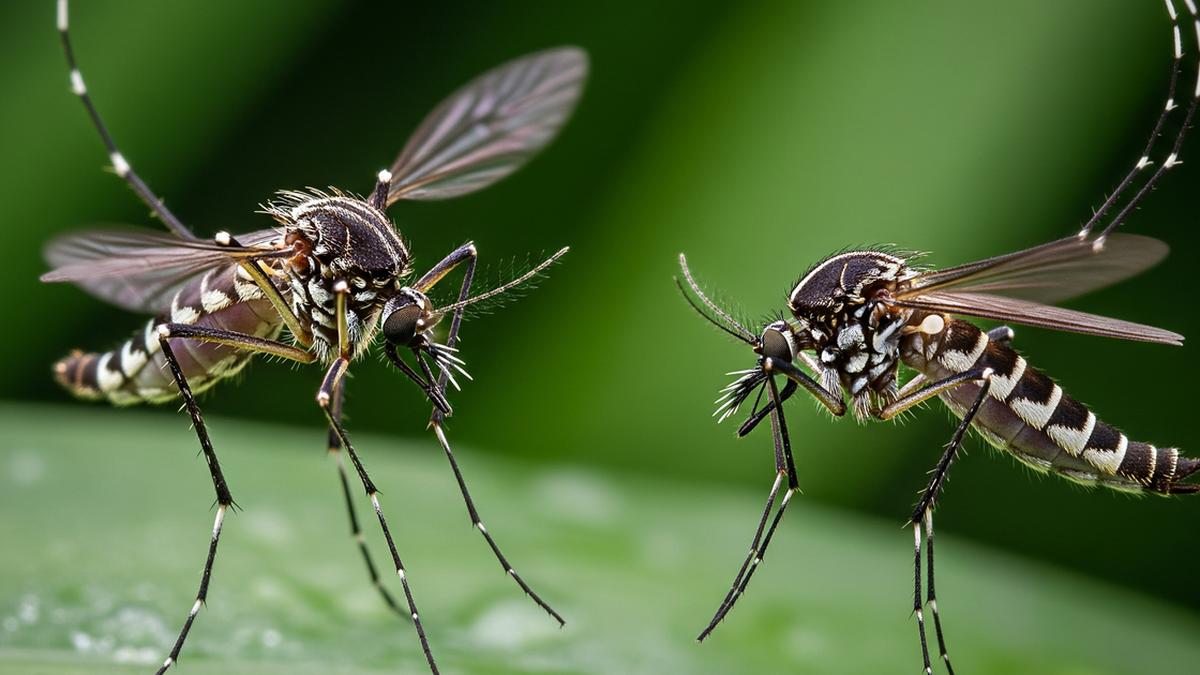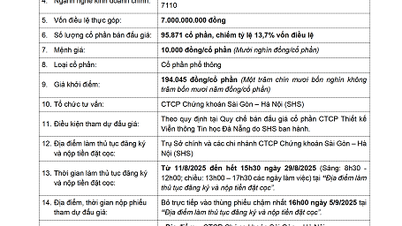Watermelon and cantaloupe are 90% water, while mango, oranges, lemons and grapefruit are rich in vitamin C, which can cool the body and effectively treat heatstroke.
Doctor Huynh Tan Vu, Faculty of Traditional Medicine, University of Medicine and Pharmacy, Ho Chi Minh City, said that the hot and humid season makes the body easily dehydrated, dry mouth, and tired.
Doctors recommend effective summer fruits to cool down, including:
Watermelon
According to Oriental medicine, watermelon has a sweet and bland taste, is cold in nature, has the effect of cooling and quenching thirst, and effectively treats sunstroke and heatstroke. According to modern medicine, watermelon has a high water content, is the best source of hydration, providing water to cool the body. Watermelon also contains nutrients, vitamins, minerals with anti-inflammatory, anti-cancer, and antioxidant properties.
Watermelon can be eaten fresh or squeezed for juice. However, doctors advise against eating too much or eating too many times a day, especially for people with digestive disorders, diarrhea, or kidney problems.
Store melons in a cool environment at room temperature. Cut watermelons that are not used up should be wrapped in plastic wrap or sealed in a container and stored in a cold environment to prevent bacterial contamination and maintain freshness.
Melon
According to Oriental medicine, cantaloupe is cool, has the effect of quenching thirst, ventilating, diuretic, and can prevent heatstroke on hot days. Cantaloupe contains 90% water, with electrolytes such as potassium, magnesium, sodium and calcium, helping to hydrate and cool the body. Cantaloupe is also rich in nutrients, fiber and good plant compounds, helping to improve cardiovascular health, support blood sugar improvement, maintain strong bones and teeth.
You should choose melons with thin, large, round skin, heavy in the hand, soft when pressed lightly and have a faint aroma, then the melon is delicious. Ripe melons with signs of cracks on the skin are usually the most delicious and sweet. Do not choose cracked melons, which are easily rotten and spoiled inside.
Eating too much cantaloupe can easily cause stomachache. Therefore, people who have just recovered from illness and those with weak spleen and stomach should avoid eating it.

Watermelon and cantaloupe contain high water content, helping to quench thirst and treat sunstroke and heatstroke. Photo: Health.harvard
Mango
According to Oriental medicine, ripe mangoes are sweet and sour, beneficial to the stomach, cooling, quenching thirst, and diuretic. Mangoes contain a lot of fiber to help support the digestive system, and a rich amount of vitamin C to help strengthen the immune system, reduce inflammation, and help maintain healthy skin. The strong antioxidant and anti-inflammatory properties of mangoes can help the body reduce the risk of hot-season diseases.
Do not eat too much mango, especially people with digestive problems or diarrhea. Do not eat mango when hungry because high levels of vitamin C can irritate the stomach, increasing gastric juice secretion. People with diabetes should limit their mango intake. People with heat in the body, sensitive or allergic constitution, or acne should drink plenty of water and increase green vegetables when eating mango.
Orange, grapefruit, lemon
Oranges, lemons, grapefruits, and tangerines are citrus fruits that are cool, have high water content, and are rich in vitamin C, which helps reduce thirst and boost immunity. They are made into many refreshing drinks in the form of smoothies and juices to keep the body cool, energetic, and healthy in the summer.
Oranges are sweet, cool, and have a cooling effect. Orange juice is delicious and nutritious. It can be combined with other fruits and vegetables to make juice. Add sugar to make it easier to drink and not harmful to the stomach.
You should only drink one cup a day, equivalent to about 200 ml. Pregnant women can drink more but should divide it into several times. Children should drink half an orange a day. People with stomach ulcers, duodenal ulcers, pancreatitis, or kidney disease should limit their orange intake. Do not eat oranges when hungry, immediately after a full meal, or immediately before or after drinking milk.
Grapefruit is rich in vitamin C. Eating half a grapefruit can provide 50% of the recommended daily intake of vitamin C. The fruit is also rich in vitamin A, fiber and antioxidants, which help to increase resistance, improve the immune system, and help the body recover faster after a cold.
Grapefruit can be eaten directly or made into grapefruit juice, bringing a cool feeling for summer days. Grapefruit juice can interact with some drugs such as antibiotics, immunosuppressants, benzodiazepines, anti-anxiety drugs, some statin drugs, so be careful not to use grapefruit juice with these drugs.
Lemon has a sweet and sour taste, neutral properties, has a cooling and thirst-quenching effect, and can be used in cases of heatstroke, dehydration, thirst, agitation, mouth ulcers, and poor appetite.
Lemons are a rich source of vitamins, containing large amounts of vitamin C, antioxidants and nutrients, helping to strengthen resistance, aid digestion, reduce fatigue, balance water and electrolytes, maintain moisture and elasticity for the skin on hot days. Lemon juice is a cheap, easy-to-buy and easy-to-make beverage.
Thuy Quynh
Source link






































































































Comment (0)